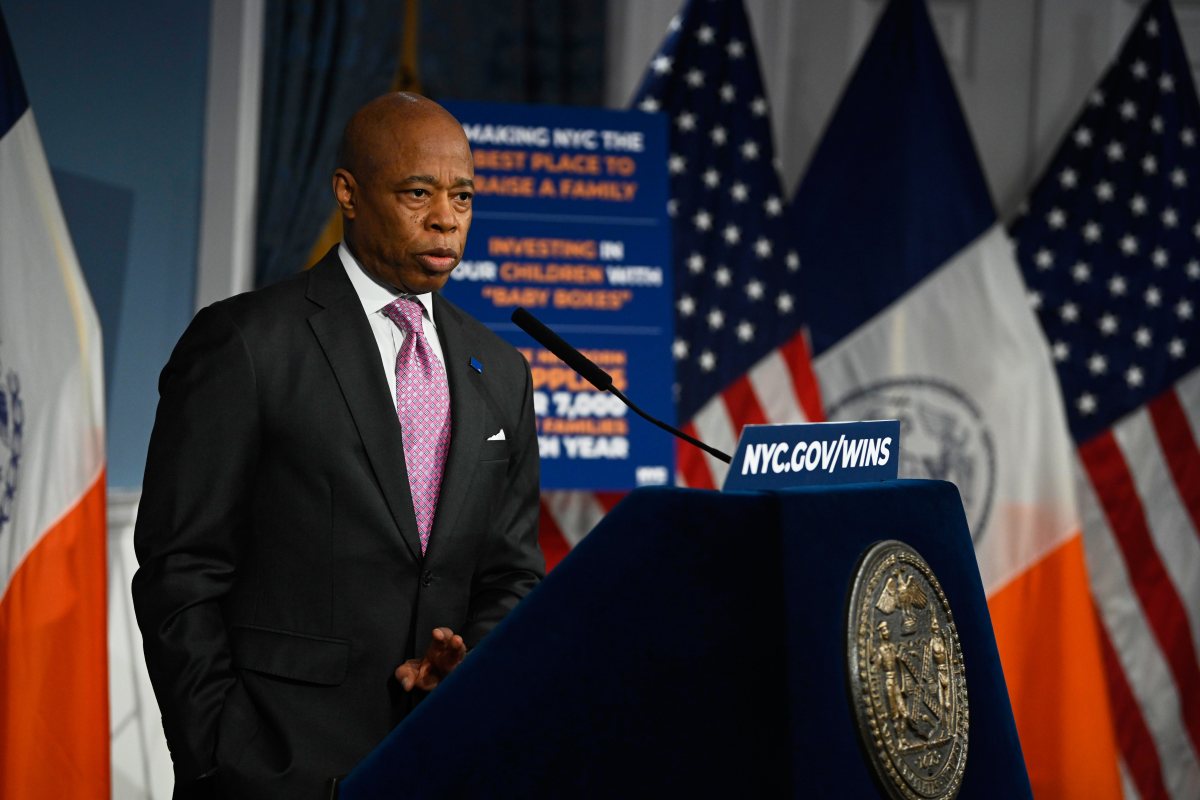My images of Thanksgiving and the holiday season are like a Norman Rockwell tableau: Happy, smiling faces giving thanks and taking time to list the big things: Health, family, security.
During the holidays I feel especially thankful and proud to live in a country where few have to walk miles to get water, or pray for a midwife to come deliver a live baby. I am thankful for those things we too often forget — .police and firefighters who protect us, with no graft “tipping” charge.
We are so fortunate. Some say we are the richest country in the world and in the history of the planet. On the other hand, the occupy movement is drawing attention to the growing divide between rich and poor, and I despair that “he who dies with the most toys wins” will replace any other high-value legacy. Lawmakers are now struggling to find ways achieve deficit reduction – leaving many of us wondering what will remain after Congress has picked the budget bird?
All of this economic insecurity is making many of us feel downright pinched and miserly. In listening to the latest GOP presidential debates, it’s clear that in this fiscal environment, candidates are ready to pull back from foreign assistance, cut back on programs that enhance civil society, and even cut into the basic social safety net by waging epic battles over programs like Social Security and Medicare. At the same time, there is fearful resistance, both on the campaign trail and in Washington, to cutting back on Pentagon spending. This sort of ungracious Scrooge-like behavior might be a natural response in our current fiscal climate, but it is ineffective and unsustainable. In the longer term, this approach will make us less secure.
When it comes to foreign humanitarian assistance, we should think about the strategic benefit that comes from being known as the country delivering vaccines, developing opportunities for girls to go to school, providing communities access to clean water. At this point, the U.S. budget allocates less than 1 percent of its federal spending to poverty-focused assistance for other countries. Even cutting this aid completely, as some have suggested, will have hardly an iota of effect on deficit savings — though it would have an effect on our U.S. reputation and the good will of other countries – not to mention, lives.
We also need to cut back on excessive Pentagon spending and focus on strengthening our own economy. It’s really simple arithmetic. Well over half of the spending that Congress annually appropriates goes to the Pentagon. We cannot get sufficient deficit reduction by merely cutting the arts, National Public radio and foreign aid – it’s just not a big enough portion of our spending. Dismantling Social Security, Medicare and other programs that sustain the American way of life so that we remain armed to the hilt in the name of defending that American way of life is what my Mom called “bass akwards.”
There are places to cut in the Pentagon’s budget that will help us create a sustainable national defense in the 21st century. One example is our Cold War-size nuclear arsenal. There are other examples of wasteful contracting and procurement practices that military experts and even Republican candidates for president say need to be scrutinized.
As we careen into the end-of-the-year round of holidays, we in the United States should recognize our abundance. We are so blessed. We should take opportunities to look after each other and to look outside ourselves. Let us wish for others what we have for ourselves, and in that spirit build a more secure nation and world.
Shaer is executive director of Women’s Action for New Directions (WAND).























